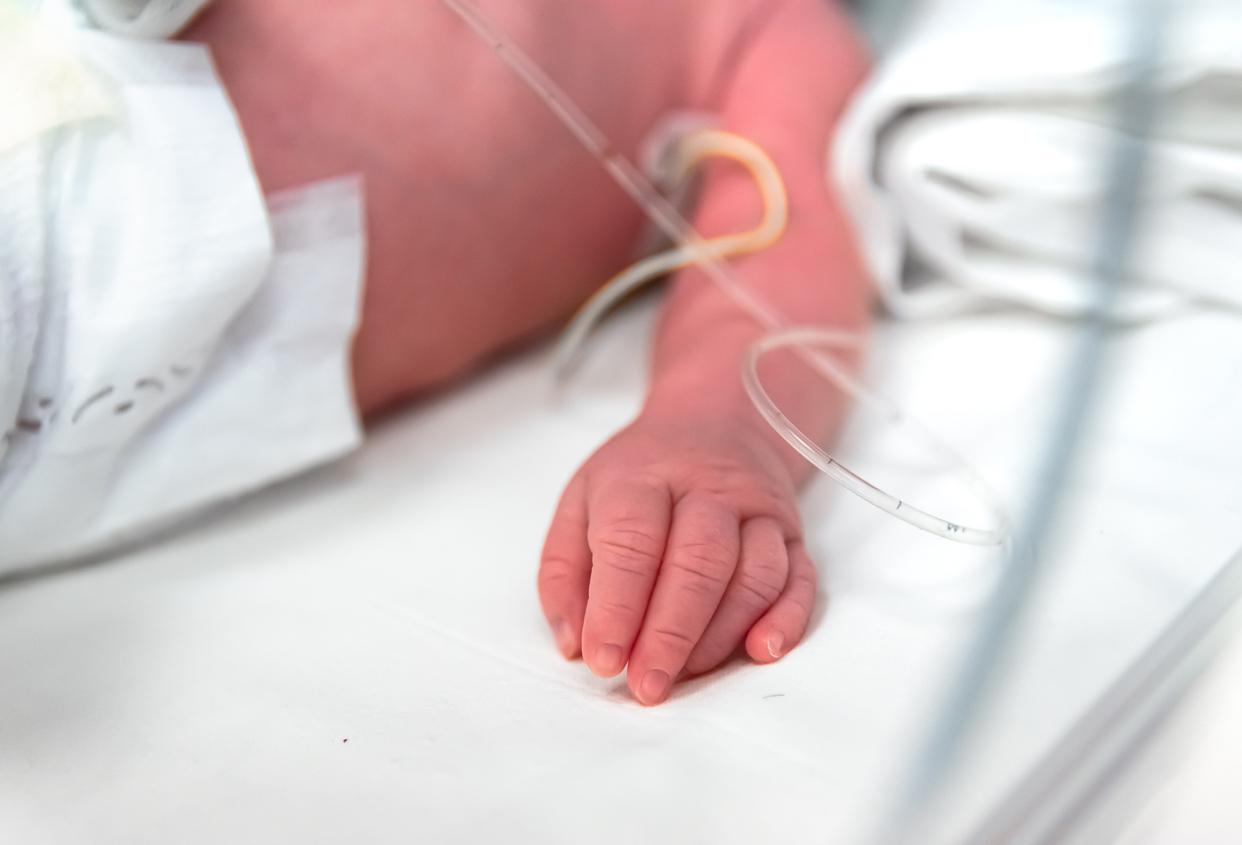After having taken note of the expert reports of the various health agencies which had been entered on the file of PIP prostheses (the National Cancer Institute, the National Institute for Health Surveillance and Afssaps), the Ministry of Health finally presented its recommendations on the removal (or not) of these prostheses.
The removal of prostheses will therefore be offered to all women who are carriers (ie around 30,000) during a consultation with their surgeon. Insisting on the fact that there is no, according to experts, an increased risk of cancer in women with PIP prostheses compared to other prostheses, the Minister of Health clarified that this withdrawal is proposed as a preventive measure because “there is an established risk of rupture and the irritant power of the gel can lead to inflammatory reactions making it difficult to explant”.
Recommendations from health authorities
– Women with a breast prosthesis must check the brand of this prosthesis on the card given to them. In the absence of a card, they must contact their surgeon, or failing that, the establishment where the implants were placed.
– If it turns out that the prostheses are of the Poly Implant Protheses (PIP) brand, it is advisable to make an appointment with the plastic surgeon who performed the first operation: a preventive explantation even without clinical sign of deterioration of the implant will be offered to them. If they do not want an explant, they should be followed by breast and axillary ultrasound every 6 months.
– Any rupture, any suspicion of rupture or oozing of a prosthesis must lead to its explantation as well as that of the second prosthesis.
– Before any explantation, whatever the reason, a recent imaging assessment (including mammography and breast and axillary ultrasound) must be available.
Removal of prostheses: how much will it cost?
The costs related to this explantation (including hospitalization) will be covered by Health Insurance and the fitting of new prostheses will also be reimbursed to all women who have had reconstructive surgery after a breast cancer. As for the 80% of breast prosthesis carriers who come under cosmetic surgery, they should be able to benefit from a “user fee”. The majority of plastic surgeons have indeed undertaken not to exceed the fees for this reconstruction operation.


















